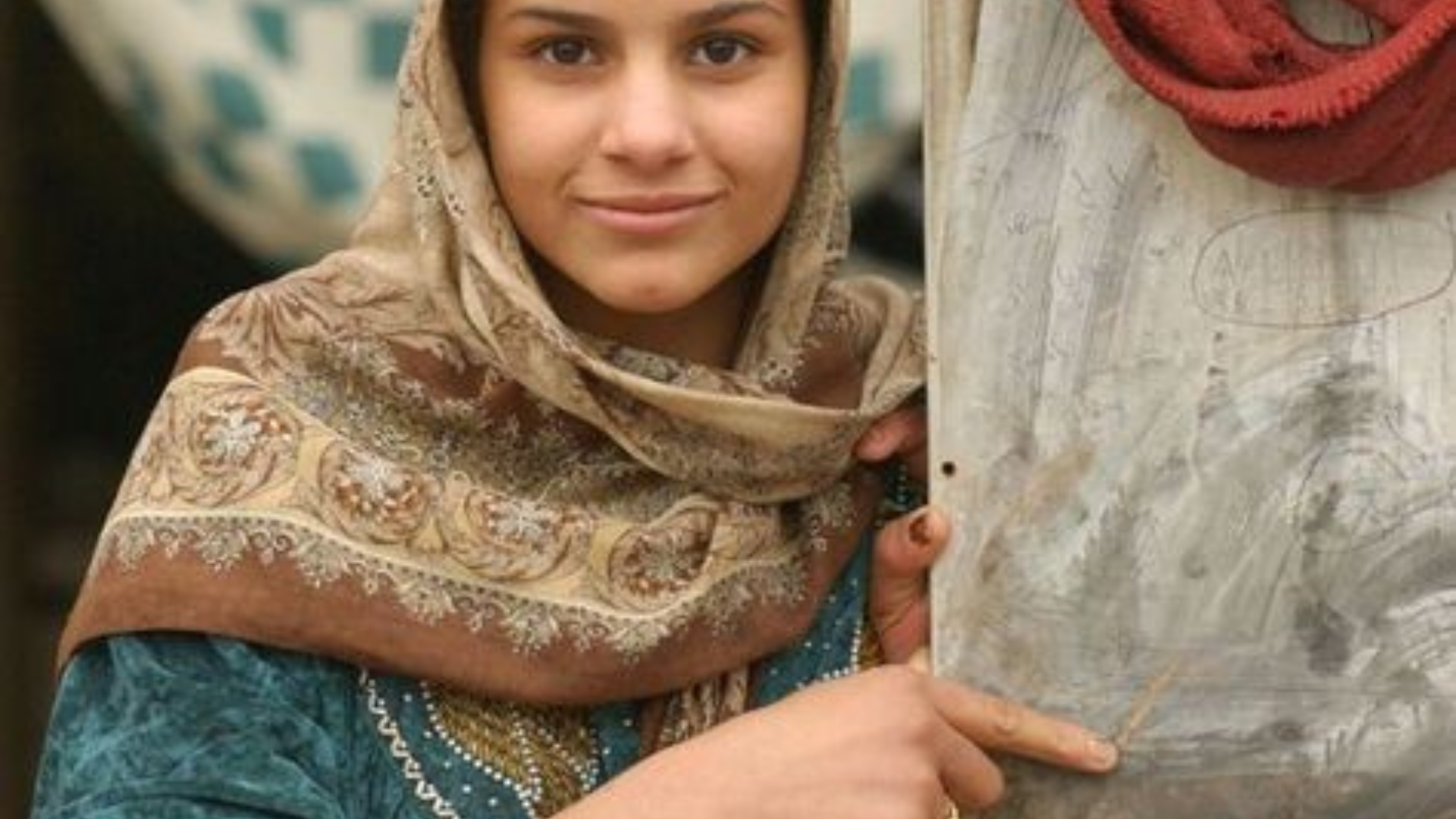A proposed bill in Iraq’s parliament has ignited a firestorm of controversy and concern by suggesting a drastic reduction in the legal age of marriage for girls to as young as 9. This contentious proposal, introduced by the Iraq Justice Ministry, aims to amend the country’s Personal Status Law, which currently sets the minimum marriage age at 18.
The bill seeks to offer citizens the option of choosing between religious authorities or civil judiciary for family-related decisions, raising alarms about potential erosion of rights related to inheritance, divorce, and child custody. Critics argue that this proposal could lead to a surge in child marriages and exploitation, threatening decades of progress in women’s rights and gender equality.
Human rights organizations, women’s groups, and civil society advocates have strongly condemned the bill, warning of severe repercussions for young girls’ education, health, and overall well-being. They emphasize that child marriage often results in higher dropout rates, early pregnancies, and increased domestic violence.
UNICEF reports that 28 percent of girls in Iraq are already married before reaching 18, highlighting the severity of the issue. Sarah Sanbar, a researcher at Human Rights Watch, criticized the bill as a regressive step, stating, “Passing this law would demonstrate a country moving backward, not forwards.”
Amal Kabashi of the Iraq Women’s Network echoed these concerns, accusing the amendment of facilitating male dominance in family matters within an already conservative society. Despite the bill being withdrawn in late July following widespread objection, it resurfaced on August 4 after gaining support from influential Shia blocs within the parliament.
The proposed legislation represents a significant shift from the 1959 law, which moved family law authority from religious figures to the state judiciary. The new bill would reintroduce the option for religious-based legal decisions, primarily reflecting Shia and Sunni Islamic rules, while excluding other religious and sectarian communities in Iraq’s diverse society.
Proponents of the bill argue it seeks to align with Islamic law and protect young girls from “immoral relationships.” However, opponents criticize this reasoning as flawed and dismissive of the harsh realities of child marriage. “Girls belong on the playground and in school, not in a wedding dress,” Sanbar added.
The fate of this proposed amendment remains uncertain, as it faces significant opposition and follows several failed attempts to alter existing marriage laws.







